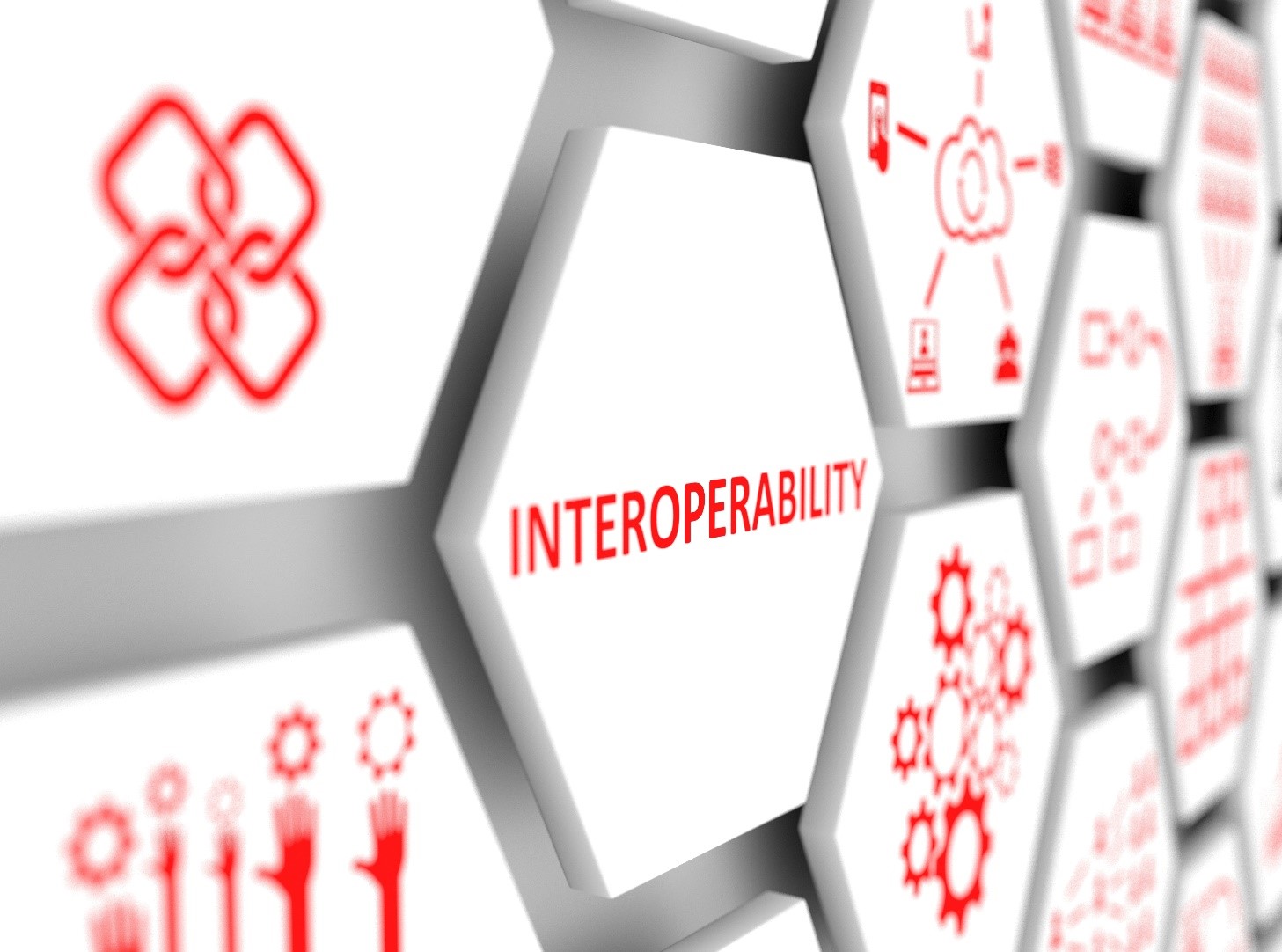In an era where data breaches and cyber-attacks have become alarmingly frequent, the healthcare industry faces a significant challenge in ensuring the security and privacy of health records. Traditional methods of storing and managing health information are proving inadequate in the face of increasingly sophisticated threats. Enter blockchain technology—a revolutionary approach that promises to transform the way health records are secured and managed. This article explores the role of blockchain in securing health records, highlighting its key benefits and potential challenges.
Understanding Blockchain Technology
Blockchain is a decentralized digital ledger that records transactions across multiple computers in such a way that the registered transactions cannot be altered retroactively. This technology is the backbone of cryptocurrencies like Bitcoin, but its applications extend far beyond digital currencies.
The blockchain is comprised of a series of blocks, each containing a list of transactions. These blocks are linked together in chronological order, forming a chain. Each block contains a unique code called a hash, the hash of the previous block, and a timestamp, ensuring that data is immutable and transparent.
How Blockchain Enhances Health Record Security
1. Decentralization
Traditional health record systems are often centralized, meaning that all data is stored in a single, centralized database. This centralization creates a single point of failure, making it an attractive target for cybercriminals. Blockchain, on the other hand, is decentralized, distributing data across a network of nodes. This decentralization reduces the risk of data breaches, as there is no single point of failure.
2. Immutability
One of the most significant advantages of blockchain technology is its immutability. Once data is recorded in a blockchain, it cannot be altered or deleted. This feature ensures that health records are tamper-proof, providing a reliable and accurate history of patient information. Any attempt to alter the data would require the consensus of the entire network, making unauthorized changes virtually impossible.
3. Transparency and Traceability
Blockchain provides a transparent and traceable record of all transactions. In the context of health records, this means that any access to or modification of a patient’s health information can be tracked and audited. This transparency ensures accountability, as healthcare providers and patients can see who accessed the data and when.
4. Enhanced Data Privacy
Data privacy is a critical concern in healthcare. Blockchain technology enhances data privacy by allowing patients to have greater control over their health records. Through the use of smart contracts, patients can grant or revoke access to their health information as needed. This granular control ensures that sensitive information is only accessible to authorized parties.
5. Interoperability
One of the longstanding challenges in healthcare is the lack of interoperability between different health information systems. Blockchain can facilitate interoperability by providing a standardized and secure platform for sharing health records. This can lead to improved coordination of care, as healthcare providers can access a comprehensive and up-to-date view of a patient’s medical history.

Real-World Applications of Blockchain in Health Records
Several initiatives and projects are already leveraging blockchain technology to secure health records. Here are a few notable examples:
1. MedRec
MedRec is a blockchain-based system developed by researchers at the Massachusetts Institute of Technology (MIT). The platform aims to provide a decentralized and secure way to manage electronic health records (EHRs). MedRec uses blockchain to create an immutable log of patient-provider interactions, ensuring data integrity and privacy.
2. Guardtime
Guardtime, an Estonian company, has developed a blockchain-based system for securing health records. The company has partnered with the Estonian government to implement this system across the country’s healthcare system. The blockchain ensures the integrity and security of health records, providing a robust defense against cyber threats.
3. Medicalchain
Medicalchain is a UK-based company that uses blockchain technology to create a secure platform for managing health records. The platform allows patients to control access to their health information and share it with healthcare providers as needed. Medicalchain also integrates telemedicine services, providing a comprehensive solution for modern healthcare needs.
Challenges and Considerations
While blockchain technology offers significant advantages for securing health records, it is not without its challenges. Here are some considerations to keep in mind:
1. Scalability
Blockchain networks can face scalability issues, particularly as the number of transactions increases. In the context of health records, this could lead to delays in accessing or updating information. Solutions such as sharding and off-chain transactions are being explored to address these scalability concerns.
2. Regulatory Compliance
Healthcare is a highly regulated industry, with strict requirements for data privacy and security. Implementing blockchain technology must comply with regulations such as the Health Insurance Portability and Accountability Act (HIPAA) in the United States and the General Data Protection Regulation (GDPR) in Europe. Ensuring compliance can be complex and may require significant effort.
3. Integration with Existing Systems
Integrating blockchain technology with existing health information systems can be challenging. Many healthcare providers use legacy systems that may not be compatible with blockchain. Developing seamless integration solutions is essential for the widespread adoption of blockchain in healthcare.
4. Cost
Implementing blockchain technology can be costly, particularly for smaller healthcare providers. The costs associated with developing and maintaining a blockchain network, as well as training staff, can be significant. However, the long-term benefits of enhanced security and efficiency may outweigh these initial costs.
Conclusion
Blockchain technology holds immense potential for securing health records and addressing many of the challenges faced by the healthcare industry. Its decentralized nature, immutability, transparency, and enhanced data privacy make it an ideal solution for managing sensitive health information. While there are challenges to overcome, the benefits of blockchain in securing health records are undeniable.
As the technology continues to evolve and mature, it is likely that we will see increased adoption of blockchain in healthcare. By leveraging the power of blockchain, we can create a more secure, efficient, and patient-centric healthcare system, ultimately improving patient outcomes and trust in the healthcare industry.




